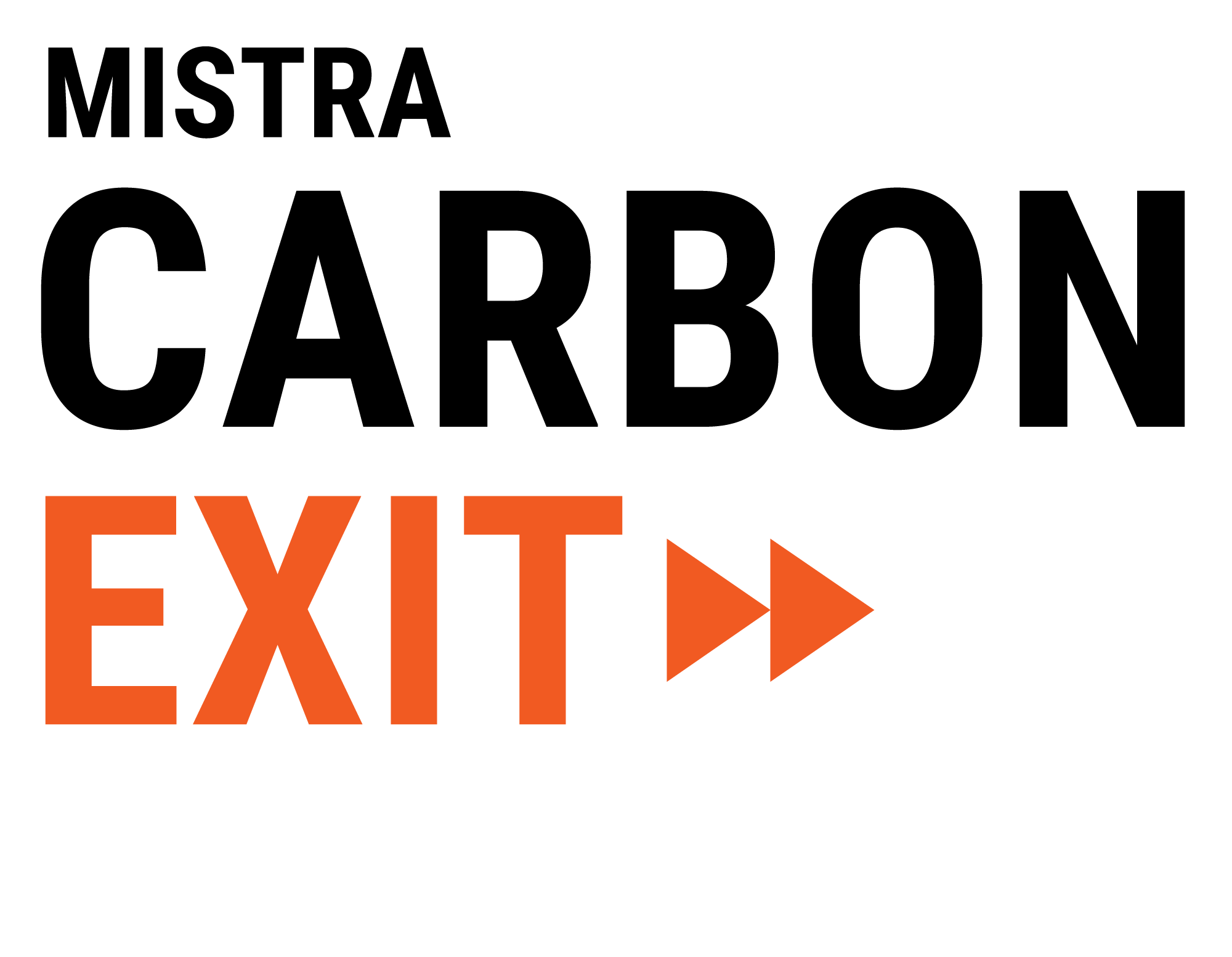The CCC research project Impres, coordinated with Mistra Carbon Exit, has now completed case studies in USA, Australia, UK, Netherlands and Sweden. The Impres team has interviewed key actors in major infrastructure projects on their experiences from implementing procurement requirements for reduced carbon emissions during construction, operation and maintenance.
Read MoreOur new Master thesis student Santiago Escudero Carmona will work during the autumn on the project "Concrete Change: Exploring the effects of scaling up the use of alternative binders to reduce the climate impact from concrete" at Chalmers University as part of the Mistra Carbon Exit case study on Buildings and Transportation infrastructure.
Read MoreThe value chains that are in focus in the Mistra Carbon Exit case studies all include energyintensive material producers playing a pivotal role. For buildings and transport infrastructure alike, cement and steel production are essential materials, but also have some of the most energy- and emissions intensive production processes of any sector in the economy.
Read MoreOn June 19, 2018 the Construction Climate Challenge Summit took place in Gothenburg. The theme for the Summit was “The Road to Carbon Neutral Infrastructure”. Several partners and researchers from Mistra Carbon Exit were participating in the conference.
Read MoreOver the course of a year, two competing teams have addressed a crucial question: How can Sweden reach zero emissions of greenhouse gases in the infrastructure sector by 2045? Martin Erlandsson, LCA expert at IVL and research fellow in Mistra Carbon Exit was part of the Blue team that won the category "Transformative Complete Solution for zero emissions".
Read MoreAnders Roth, mobility expert at IVL Swedish Environmental Institute and Case study leader for the Mistra Carbon Exit Case study "Local arenas" has together with Svante Axelsson, Fossilfree Sweden and Mats-Ola Larsson, IVL published an opinion piece in Svenska Dagbladet.
Read MoreCalifornia Governor Edmund G. Brown, Jr. announced yesterday that he has appointed Dallas Burtraw, Resources for the Future (RFF) and Mistra Carbon Exit research fellow, to the Independent Emissions Market Advisory Committee, which serves the California Environmental Protection Agency.
Read MoreIf the German government wants to massively increase the amount of electric cars on German roads, this will present new challenges for the energy sector. One particular problem are the distribution grids, which are currently ill-prepared for the additional demand that would be generated by an increased number of households with electric cars. This is the central finding of the latest ZEW Energy Market Barometer, a survey carried out by the Centre for European Economic Research (ZEW), Mannheim, among energy market experts.
Read MoreThis paper by Mistra Carbon Exit research fellows, Dallas Burtraw, RFF, Lars Zetterberg, IVL and Amelia Keyes, RFF, reviews the interaction of cap and trade with other (companion) air quality and sectoral policies and discusses mechanisms that address inefficiencies, with lessons for the EU.
Read MoreMaster thesis students wanted!
We are looking for 1-2 Master thesis students to conduct a thesis project at Chalmers aimed at exploring the potential for, and the systems effects of, an increased use of cement clinker substitutes in concrete manufacturing in Sweden and Europe.
Read MoreWelcome to the Mistra Carbon Exit session on June 26th. A future with net zero greenhouse gas emissions poses a joint challenge for policy makers and the transport and car industry. The transport system is currently witnessing several emerging trends that may either help or hinder the transition to zero CO2 emissions.
Read MoreOn April 23rd the Case study on Energy carriers organized a workshop focusing on energy carriers in the iron, steel and cement industry. The aim of the workshop was to share knowledge and to identify energy carriers and associated challenges for further analysis within the energy carrier case study.
Read MoreOn April 25, nine industries left their roadmaps for fossil-free competitiveness to the government. Several representatives from Mistra Carbon Exit have been involved in the development of roadmaps for the Concrete Industry o Construction and the Construction sector.
Read MoreIn this work, we introduce a new, functionality‐based, categorization of variation management strategies: shifting (eg, batteries), absorbing (eg, power‐to‐gas), and complementing (dispatchable generation, including reservoir hydropower) strategies.
Read MoreInitial work in our case study has created a common understanding of the current status and best practices within the supply chains of Buildings and Transportation infrastructure. We have also begun to identify key challenges and knowledge gaps that need to be overcome to meet the goal of net zero greenhouse gas emissions by the year 2045.
Read MoreThis is the first annual report from Mistra Carbon Exit. The year of 2017 has been a great
startup year for the program, setting the framework and establishing our work.
Read the full report here
Read MoreOur first task has been to start defining a set of scenarios that covers plausible, yet divergent narratives and assumptions on how the future may evolve. That is, looking at external factors influencing the Swedish energy pathways towards net zero greenhouse gas emissions.
Read MoreNever before has such an important climate decision attracted so little attention. After six years of persistently low carbon prices...
Read MoreThe CCC Summit 2018/Hi-dagen 2018 is an international conference jointly organized by the Construction Climate Challenge (CCC) initiative and the Sweden Green Building Council – Sustainable Infras...
Read More



















